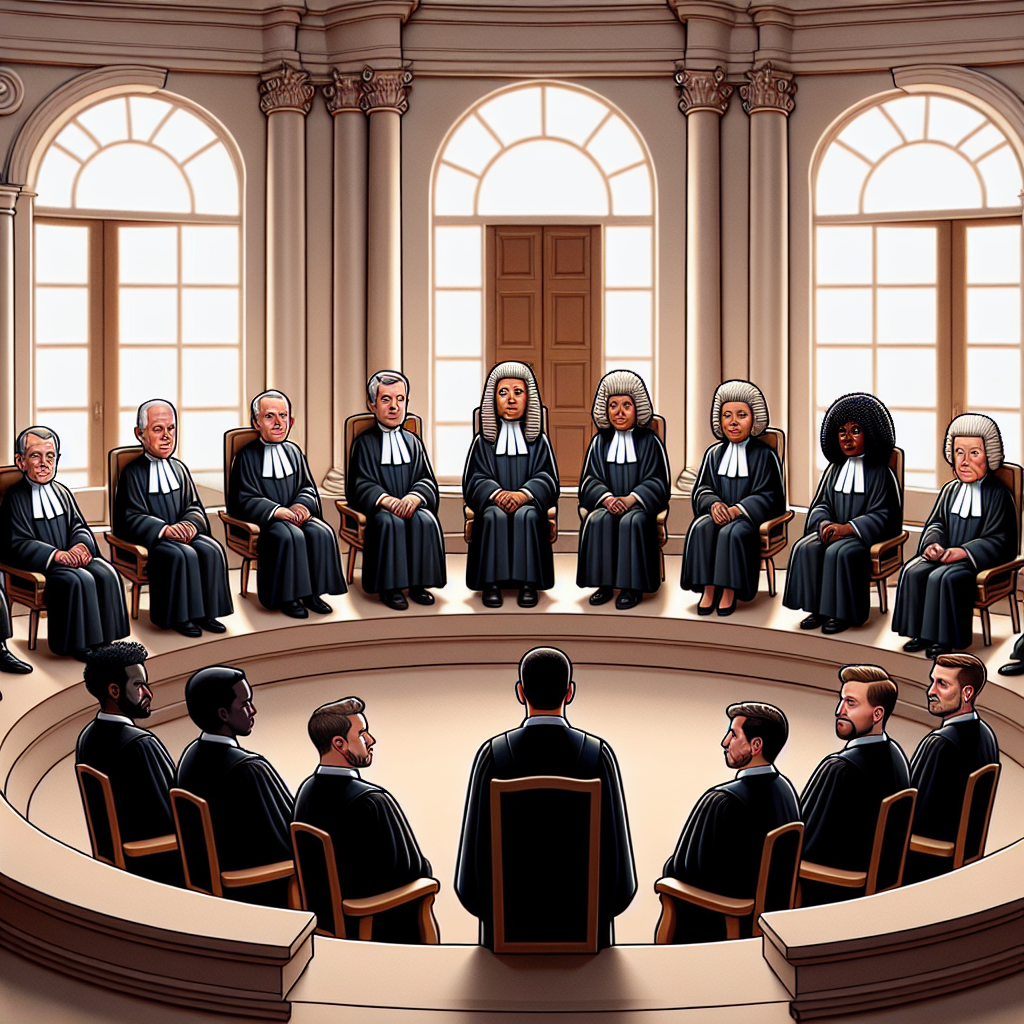Supreme Court Upholds FCC's Funding Mechanism for Universal Service
The U.S. Supreme Court upheld the FCC's funding model for expanding telecommunications access, overturning a previous court decision. The ruling supports the Universal Service Fund, which aids low-income and rural areas. The case centered on the non-delegation doctrine and the FCC's authority in financial management.

The U.S. Supreme Court has affirmed the Federal Communications Commission's method for financing its initiative aimed at improving phone and internet access for underserved communities. This 6-3 decision overturns an earlier ruling by a lower court that had challenged the legality of the FCC's approach, framing it as an unconstitutional tax on consumers by bypassing legislative control.
Authorized under the 1996 Telecommunications Act, the Universal Service Fund gathers approximately $9 billion annually through mandatory telecommunications industry contributions, with costs mostly passed down to consumers. This fund is integral to expanding service to economically disadvantaged regions, with specific emphasis on rural and Native American territories, as well as schools and libraries.
Central to this legal battle was the non-delegation doctrine, which restricts Congress from transferring its legislative powers to agencies like the FCC. Critics argued the FCC overstepped by delegating fund administration to the Universal Service Administrative Company, challenging the agency's wide-ranging authority to determine funding allocations. The Supreme Court's decision confirms the FCC's method, amidst ongoing scrutiny of federal regulatory powers.
(With inputs from agencies.)










